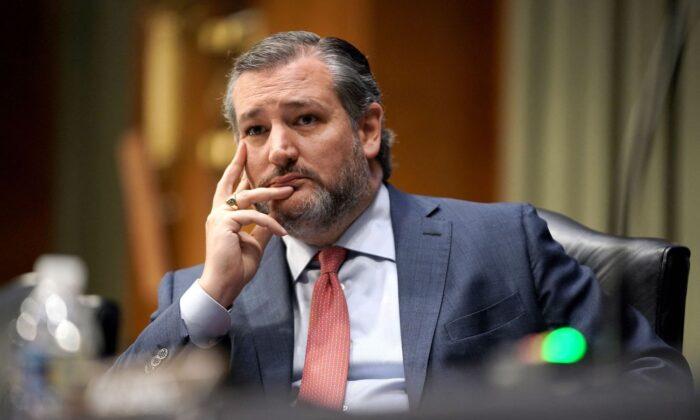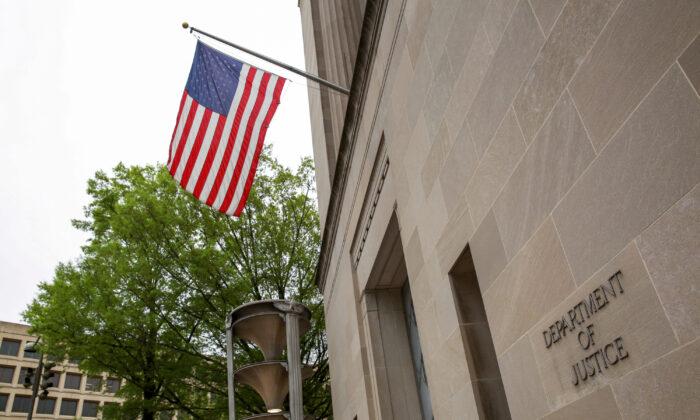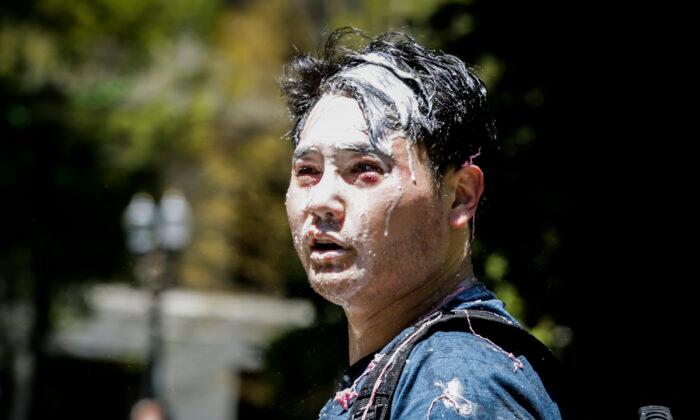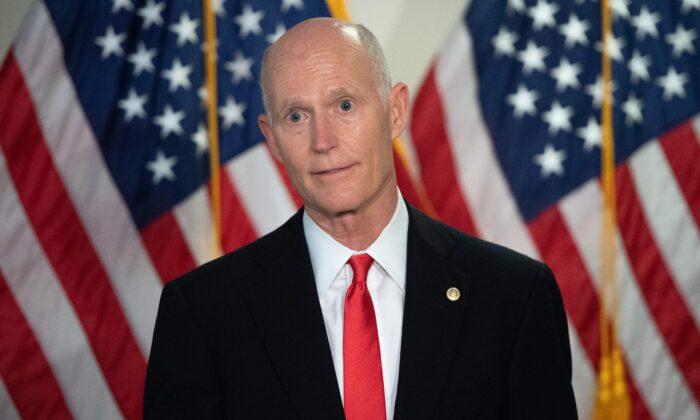The International Court of Justice (ICJ) has ordered Australia to cease spying on East Timor and to keep under seal any documents and data seized in a raid by ASIO last year.
Attorney General George Brandis, who had authorised the raid on East Timor’s Australian lawyer Bernard Collaery on Dec 3 last year, said in a statement that he would comply with the order and that the court’s decision was “a good outcome for Australia”.
However, Donald Rothwell, professor of International Law at Australian National University, told SBS it was a moral victory for East Timor.
“If Australia is going to abide by these decisions it needs to be very careful in terms of how its intelligence agencies conduct itself,” Dr Rothwell said.
According to East Timor, the material seized from Mr Collaery’s office included documents, data and correspondence related to the ongoing dispute between the Australia and East Timor over $40 billion of oil and gas reserves in the Timor Sea.
East Timor claimed that the seizure of the documents violated its sovereignty and rights under international law.
Senator Brandis had made numerous undertakings to the ICJ that materials seized in the raids would not be accessible to Australian officials involved in the arbitration until the provisional judgment was handed down. He further promised that he would not read the materials himself.
Australia had told the judges at The Hague that the only circumstances where the materials would be accessed was for “national security” matters. The court found, however, that there still remained an imminent risk of “irreparable injustice”.
“The court is of the view that the right of Timor-Leste to conduct arbiter proceedings and negotiations without interference could suffer irreparable harm if Australia failed to immediately safeguard the confidentiality of the material seized by its agents seized on 3rd December 2013,” ICJ president Peter Tomka said.
The ICJ also ordered that Australia cease interfering in communications between Timor-Leste and its legal advisers in connection with the pending arbitration under the Timor Sea Treaty of May 20, 2002 between the two countries.
“It’s a sad day when our country gets an order like this,” Mr Collaery told Fairfax Media. “It’s a sad day when Australia needs to be reminded of the proper standards of behaviour regarding litigation.”





Friends Read Free